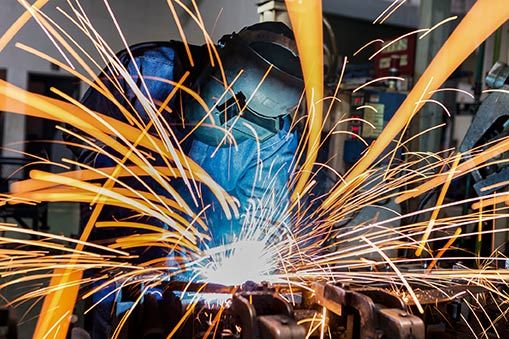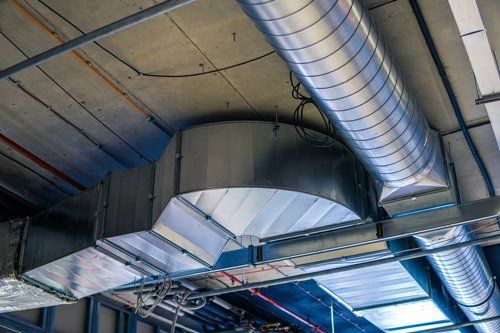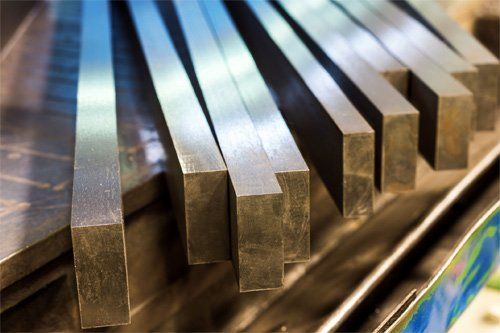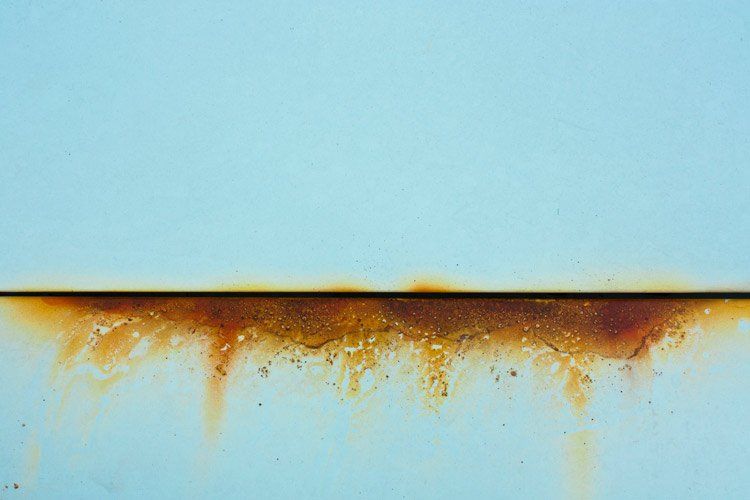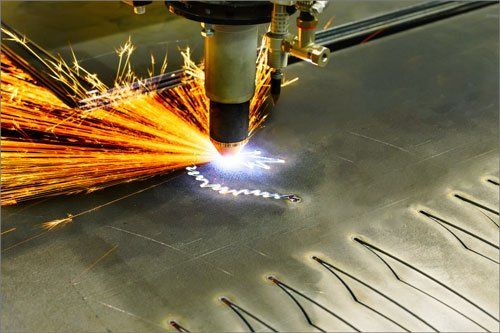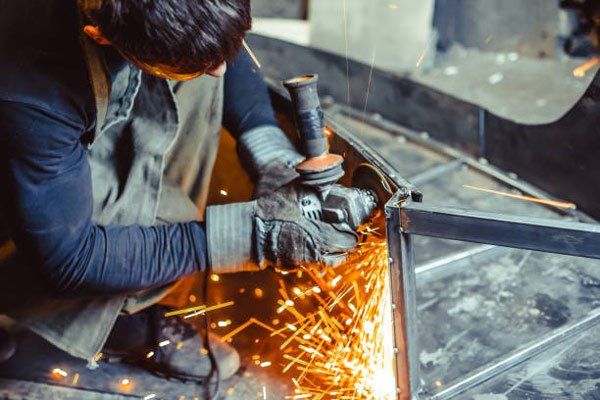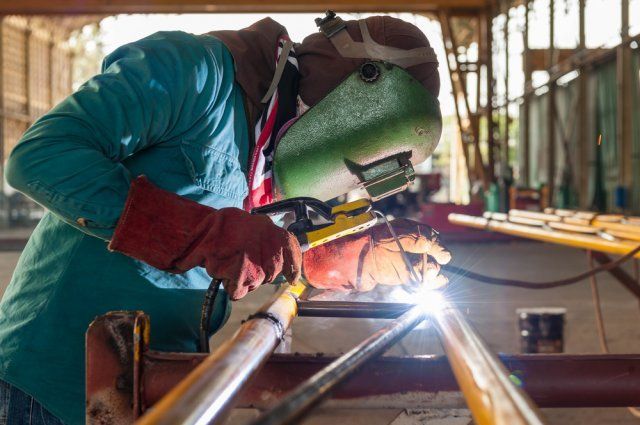Steel Use in a Residential Garden
- By Admin
- •
- 02 Nov, 2017
- •

Steel is an alloy of iron and other elements, primarily carbon, and is one of the strongest metals on Earth. Some of the qualities of steel include its high tensile strength, durability, availability, resistance to corrosion and low cost. These qualities make steel an excellent choice for outdoor use in a residential garden.
Steel does not rust but can slowly corrode with exposure to oxygen and moisture in the air. This corrosion is not a serious problem in a residential garden as it takes many years to occur. To protect steel objects in a garden setting, they can be coated with a sealant such as epoxy resin that will make them impervious to corrosion.
Steel parts are available in pre-engineered bars, beams, channels, pipes, tubes, sheets, plates and grates. Here are some ways that these steel parts can be shaped and welded together to create custom features in a residential garden.
Steel Landscape Edging
Custom landscape edging can be made of spiked steel slats that are 6 to 8 inches deep, .25 inch wide, and various other lengths. These spiked slats can be connected together and installed around the edges of lawns and flower beds to keep plants within their borders so they do not have to be continually trimmed or pruned.
Steel Landscape Planter Boxes
Custom steel planter boxes can be made in various sizes and shapes and plumbed with irrigation pipes for convenient watering. Large steel planter boxes can be used for trees, bushes, vines and tall hedges. Small steel planter boxes can be used for flowers, herbs, vegetables, fruits and seasonal plants.
These planter boxes can be placed anywhere in or around a residential garden to act as a fence or highlight particular flowers, vines and vegetation.
When outdoors for a while, untreated steel planter boxes will turn a distinctive rust color that looks similar to terra cotta planters. These steel planter boxes are stronger than terra cotta and retain water longer. The natural rust color is attractive when next to growing green plants.
Steel Garden Furniture and Barbecues
Steel tables, chairs, benches and swings can be custom made for a residential garden. The natural color of steel furniture integrates well with glass, ceramic, concrete, plastic and wood. These other materials can be used to make table tops, seats, seat backs and other parts of steel garden furniture.
Steel is often used to make a custom outdoor barbecues. This metal can also be used to create a unique camp-fire style fireplace with surrounding benches and seats for entertaining guests.
Steel Garden Fountains
Another feature that can be made of steel is a custom water fountain. This fountain can connect to a garden irrigation system and splash water into a swimming pool or garden pond. A steel garden fountain is easy to maintain because it can be simply cleaned of debris and insects with a cloth and household cleaner followed by a rinse of clean water.
Steel Fences, Gates, and Buildings
Steel can be used to construct custom security fences and security gates. These features can be made of solid steel sheets or a series of steel slats or rods. A steel fence and gate can limit access to your garden and act as a deterrent because fences look strong and secure.
Steel is also a good choice when building a custom shed to hold garden tools and other supplies. When weatherized and raised above the ground, a steel shed can keep tools and garden supplies safe and dry in any weather.
When you have a custom steel landscape project for your residential property, contact Knowlton Industrial Steel Supply. We have all sizes, shapes and grades of steel, and we can fabricate anything that you want or need. Give us your garden ideas and drawings and we will make them a reality.
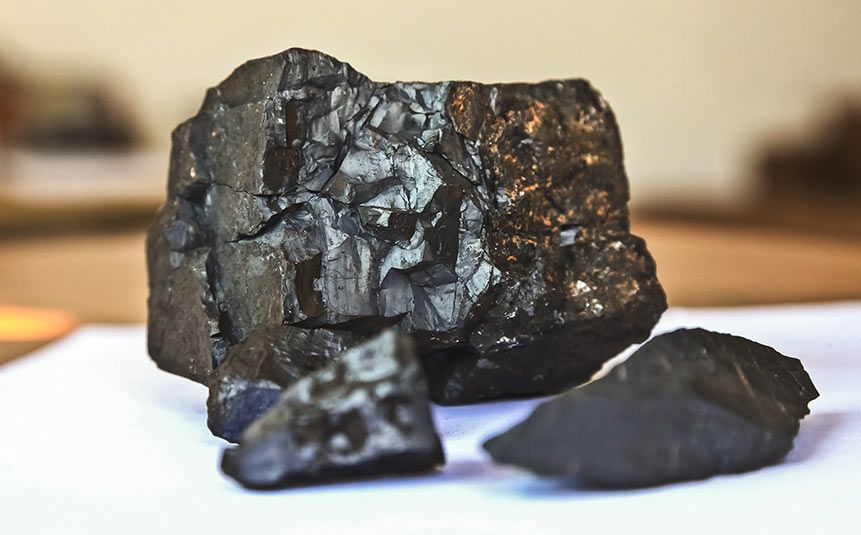
Steel holds an abundant place in the modern world. You can find steel anywhere from automobiles to high-rise buildings and industrial processing equipment. Many different types of steel exist, each of them being a slightly different alloy with iron as its base metal. Manufacturers then add other elements to boost the overall performance of the hardened steel.
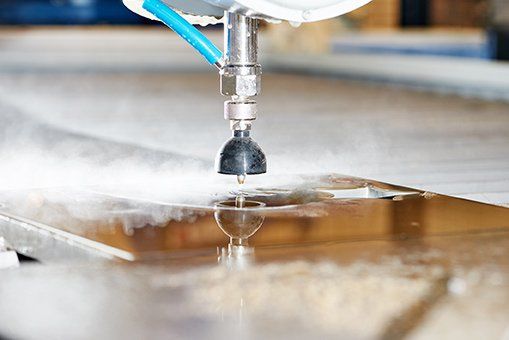
When you need to manufacture small or otherwise precise parts and tools, you face a wealth of options. Water jetting is a relatively new but increasingly popular choice among businesses, particularly if you work with dense or heat sensitive materials. Consider the following information about water jetting as you plan and design your components and the tools needed to work with them.
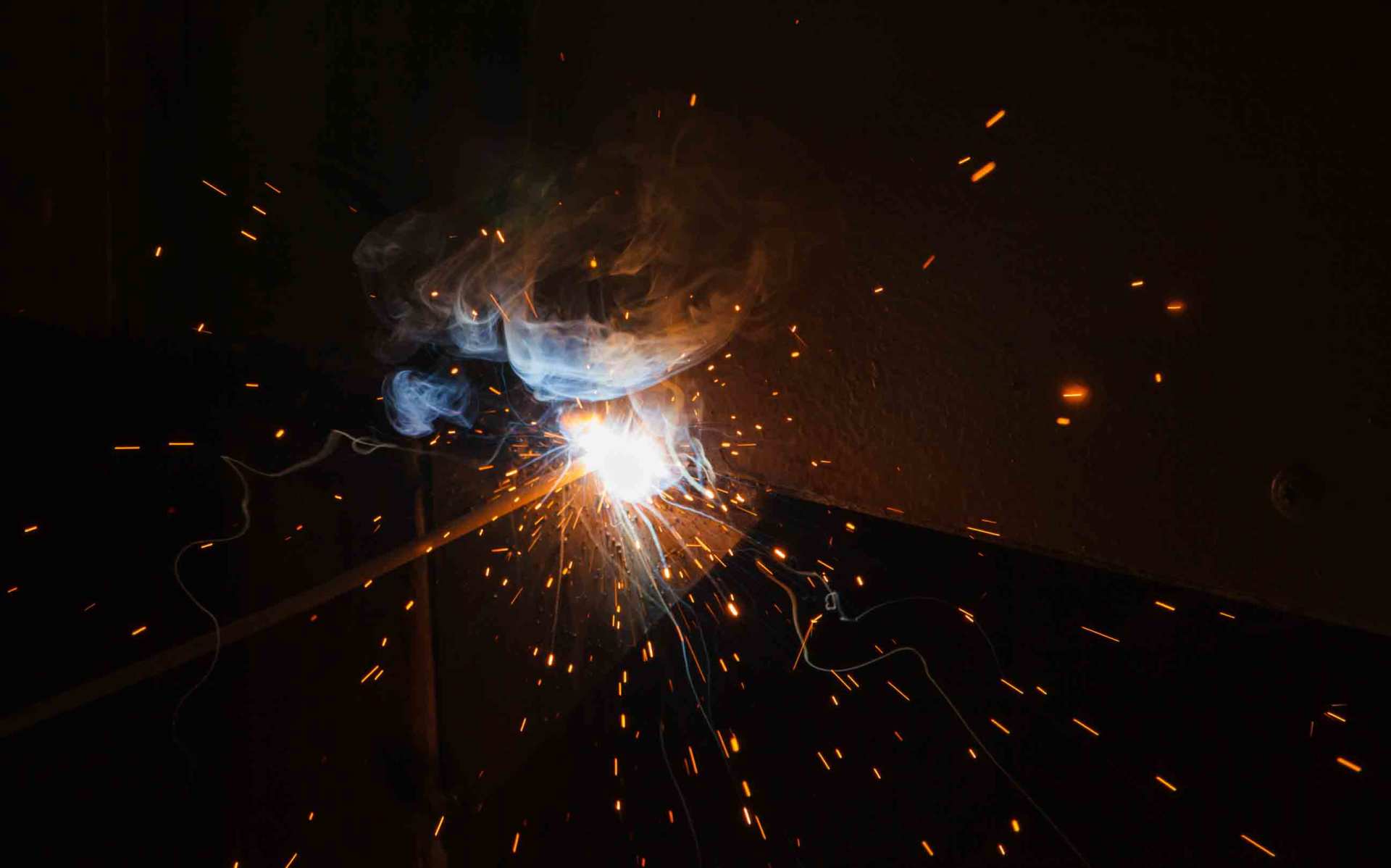
On the surface, the fundamental principle of welding is deceptively simple: high temperatures fuse together two or more pieces of metal. While this may be accurate in the most basic of terms, the actual art of welding remains much more complex. To get the strongest possible results, a welder must utilize the most appropriate welding method.

